5 Essential John Locke Worksheet Answers Revealed

The works of John Locke have resonated through the ages, inspiring philosophers, revolutionaries, and policymakers alike. His contributions to the fields of political theory, epistemology, and education remain pivotal to understanding modern liberal democracy. To delve deeper into Locke's philosophy, here are answers to five essential worksheet questions that often come up in studies of his work.
1. What Was John Locke's Social Contract Theory?
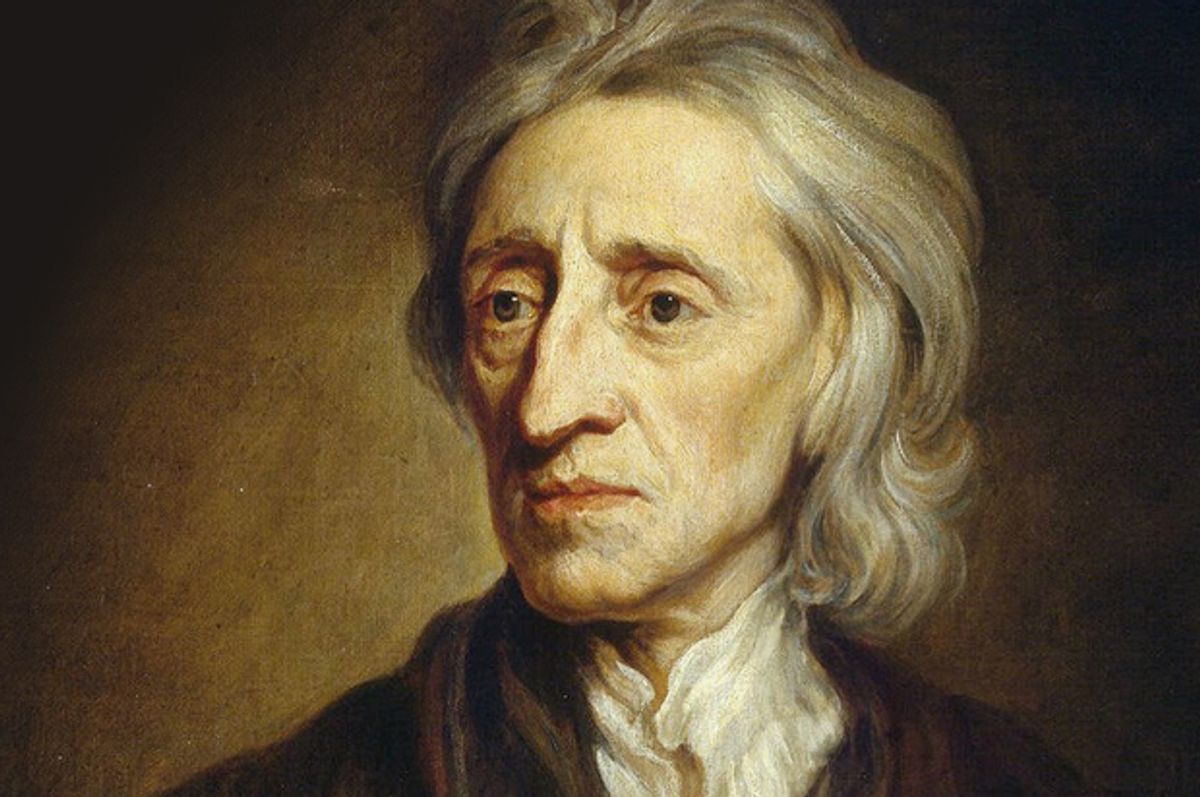
John Locke's social contract theory posits that individuals have a natural freedom and equality in the state of nature. In this condition, people inherently have natural rights to life, liberty, and property, but they form a civil society to better secure these rights. The social contract, according to Locke, is an agreement among individuals to surrender some of their freedoms to a government, which then has the authority to enforce order, resolve disputes, and provide protection.
- Agreement: Individuals consent to form a government for mutual benefit.
- Government's Role: To protect natural rights and maintain peace.
- Right to Revolution: If the government fails to fulfill its duties, the people have a right to replace it.
✅ Note: The idea of a social contract was not unique to Locke, but his version emphasized the protection of individual rights.
2. How Did John Locke View Education?

Locke was a proponent of education as a means of personal and social development. His views are extensively outlined in "Some Thoughts Concerning Education", where he stressed the importance of a nurturing environment, moral instruction, and the development of reason in children.
- Empiricism: Knowledge comes from experience, thus education should be experiential.
- Character Development: Education should not only impart knowledge but also foster virtues like honesty, industry, and self-discipline.
- Physical Education: Locke believed in the importance of physical health alongside intellectual growth.
| Educational Aspect | Locke's View |
|---|---|
| Discipline | Encouraged through positive reinforcement rather than harsh punishment. |
| Learning | Engagement with the world to learn by doing. |
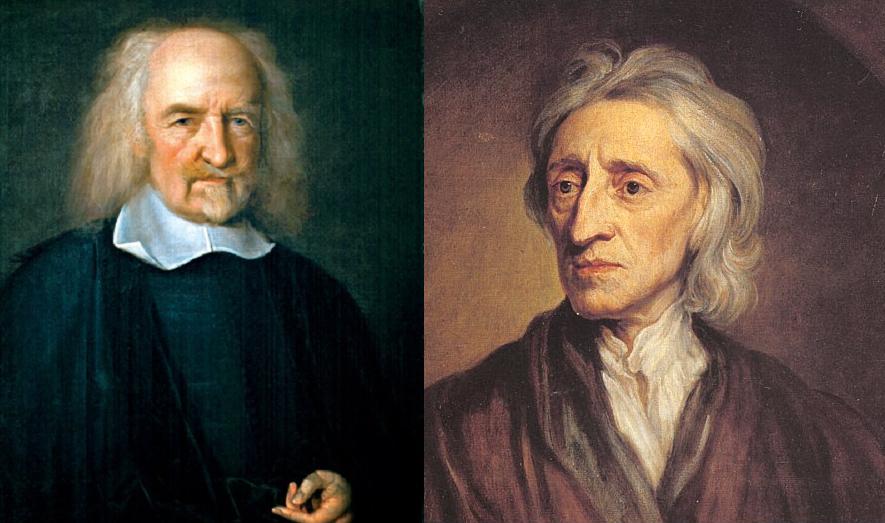
3. What Role Did Locke's Tabula Rasa Play in His Epistemology?
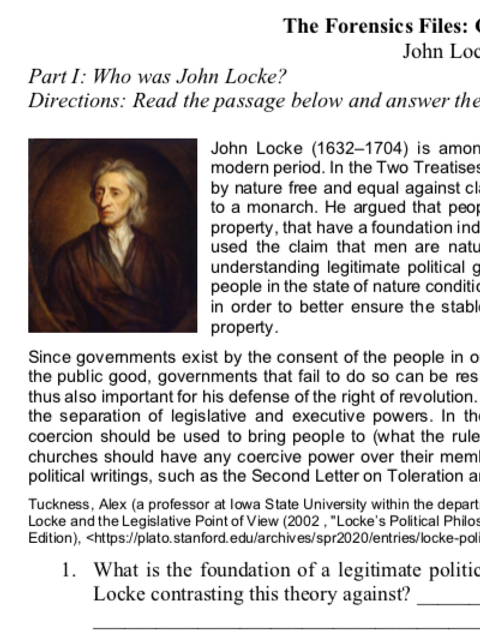
The concept of tabula rasa, or "blank slate," was central to Locke's epistemological views. He argued that the mind at birth is like a blank slate on which experiences inscribe knowledge, rather than ideas being innate or pre-formed.
- Empiricism: Knowledge is acquired through sensory experience.
- Sensation: The five senses are the main conduits through which we understand the world.
- Reflection: Once we have sensory experiences, we can reflect on them to form ideas.
4. Explain Locke's Theory of Property Rights
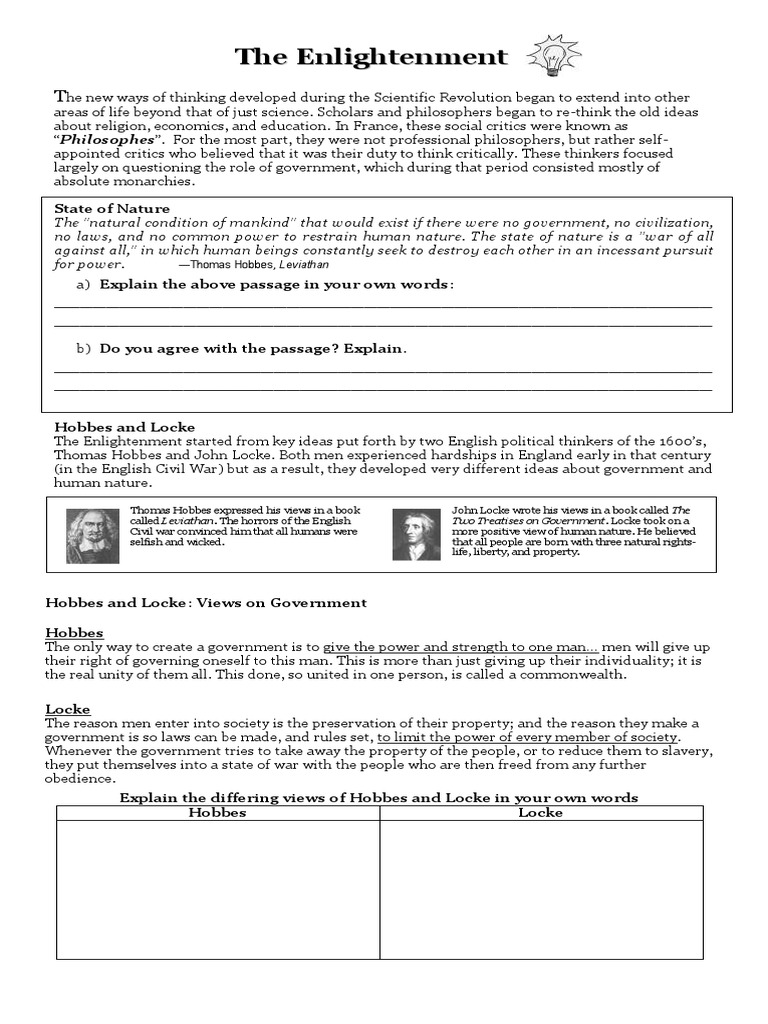
Locke's theory on property rights is fundamental to his political philosophy. He argued that property derives from labor; when an individual mixes their labor with natural resources, they claim ownership over the product. Here's how:
- Common Resource: The Earth and its resources are given to mankind in common.
- Acquisition through Labor: By laboring, individuals acquire property rights over previously unowned land or resources.
- Limitation: Locke introduced the proviso that one may not accumulate more than one can use before it spoils.
🔔 Note: Locke's theory provides a philosophical basis for private property, influencing economic systems like capitalism.
5. What is Locke's Concept of the Right to Revolution?
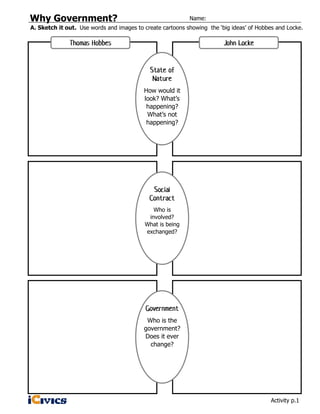
According to Locke, when a government oversteps its mandate or fails to protect the rights of its citizens, those citizens have a just cause to revolt. This right is rooted in the idea of self-preservation and the original agreement in the social contract:
- Prerogative of the Government: The government's actions should be for the public good.
- Absolute Power: There is no such thing as absolute power; government authority is derived from the consent of the governed.
- Justification for Rebellion: When the government becomes destructive, the people have a right and duty to alter or abolish it.
In reflecting on the vast legacy left by John Locke, it becomes evident how his ideas form the bedrock of modern democratic thought and individual rights. His theories about government, education, and human understanding have not only shaped philosophical discourse but also practical governance. Understanding Locke's contributions is critical for students, scholars, and anyone interested in the mechanisms that sustain democracy and the protection of civil liberties.
How did John Locke’s ideas influence the American Revolution?
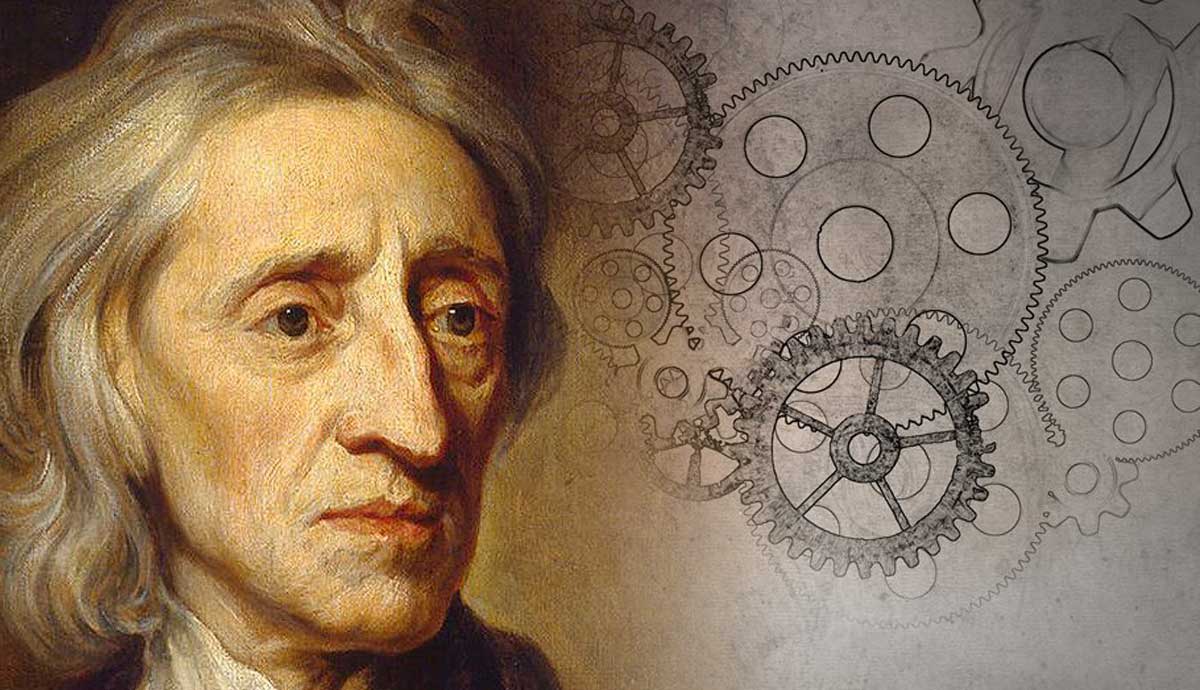
+
John Locke’s ideas about the social contract, natural rights, and the right to revolution directly influenced the American founding fathers. Concepts like “life, liberty, and the pursuit of happiness” echoed Locke’s thoughts on natural rights.
Did John Locke believe in innate ideas?
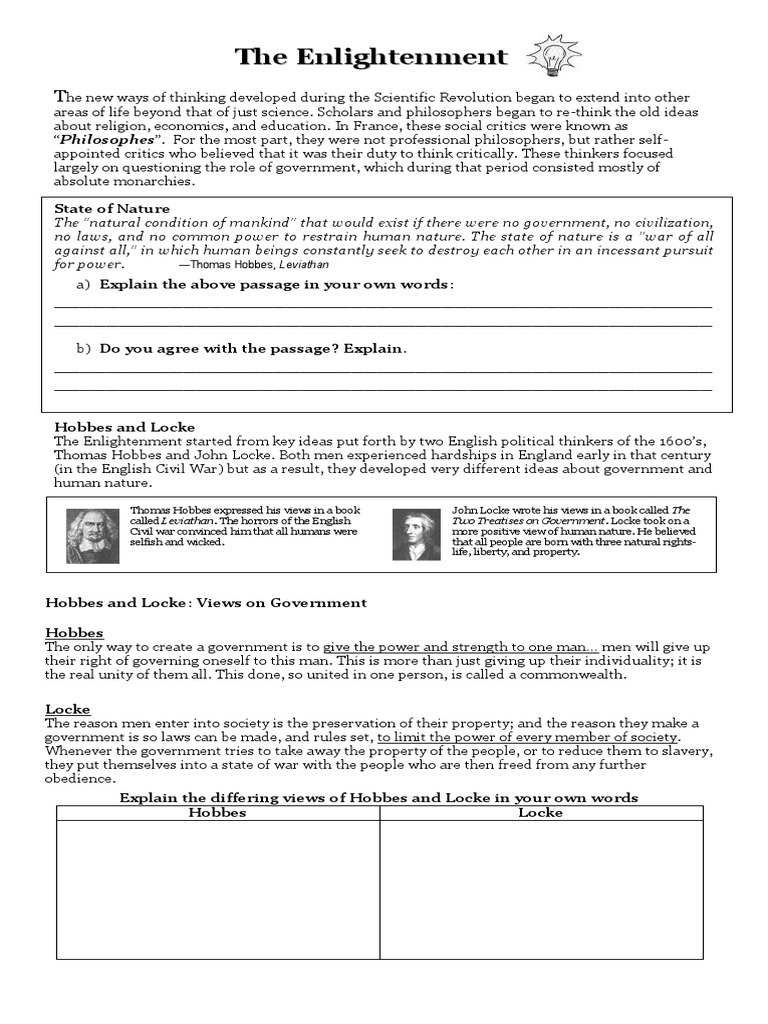
+
No, Locke was a firm empiricist. He argued against innate ideas, believing that the mind is a blank slate (tabula rasa) at birth, and all knowledge comes from experience.
What is the significance of Locke’s theory on education?

+
Locke’s theory underscores the importance of environment and experience in education, advocating for a child-centered approach that focuses on developing character and practical skills alongside knowledge.